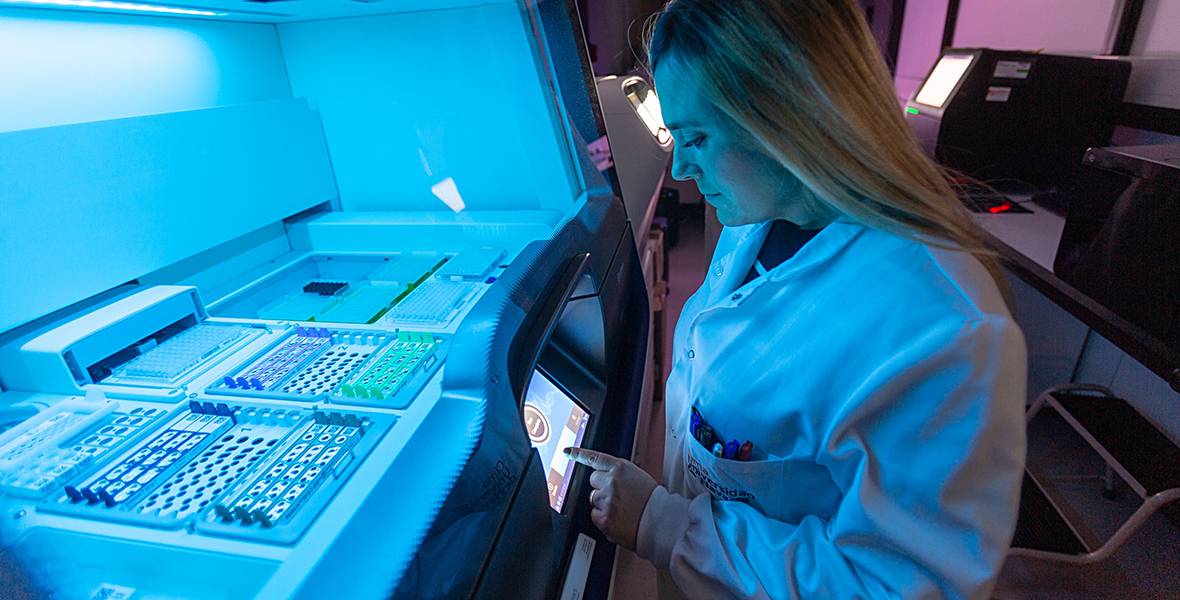ALBA Project
Personalized knowledge of population exposure to environmental and endogenous toxic compounds to predict cardiometabolic risk in obese patients.

The increase in the prevalence of obesity worldwide leads to a significant increase in the risk of cardiovascular disease. In routine clinical practice, there are no biomarkers available to provide accurate and personalized information on cardiovascular risk. These biomarkers would make it possible to prevent the occurrence of potentially fatal cardiovascular events by means of nutritional, lifestyle or pharmacological interventions.
Obesity leads to significant alterations in the intestinal microbiota, and this dysbiosis (or alteration of the microbiota) results in increased production of molecules of bacterial origin, such as trimethylamine (TMA), which is metabolized in the liver to TMAO, a potent proatherogenic agent strongly associated with cardiovascular risk, and whose application as a risk marker has not yet been transferred to the clinic.
Parallel to the obesity pandemic, the increasing dietary exposure to micro- and nanoplastics (MPs/NPs) causes a disruption of metabolism and microbiota with significant obesogenic and pathogenic effects. As recognized by the main international agencies related to health and food (WHO and FAO), there are hardly any rigorous studies or standardized technologies to assess the degree of systemic exposure to MPs/NPs, nor the possible interaction between MPs/NPs, the microbiome and the cardiometabolic health status of the population.
| Funder: |

Need more information?
If you are interested in learning more about our research, please contact us.
Coordinator and partners
BioDETOX project participants
Project coordinator:
- FIMA through Cima Universidad de Navarra
Project partners:
- UN/CUN
- FMS (Navarrabiomed) / HUN
- CNTA
- RECOMBINA
- NNBi
- Isanatur
External collaborator:
- CINFA
Objectives of the BioDETOX project
Metagenomic analysis of the intestinal microbiota
in a cardiometabolic risk population, to determine the TMA/TMAO production capacity of the microbiota.
Evaluation of exposure to MPs/NPs
in patients at cardiometabolic risk and control patients, analyzing their relationship with the intestinal microbiota.
Generation of innovative technology for the determination of TMA/TMAO
in the healthcare context, and the "engineering" of probiotic bacteria that can eventually be used for the detection, and even elimination, of these metabolites in the intestine.
Experimental evaluation of prebiotics and probiotic
of natural origin produced in the environment of the region of Navarra.
Development of a functional platfor
that allows the collection, integration and multidimensional analysis of all the data generated in the project, in order to achieve its adoption in the health system and thus enhance personalized medicine.
 BioDETOX Project participants
BioDETOX Project participants
|
|
|
|
|
|
|
|
|
|
|
|
|
|
|

